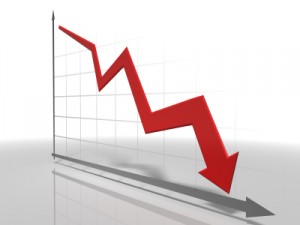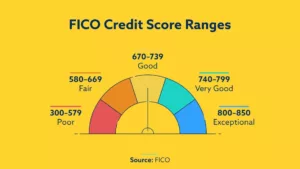 On April 1, 2011 the U.S. Department of Housing and Urban Development (HUD) and the U.S. Department of the Treasury released the March edition of the Obama Administration's Housing Scorecard.
On April 1, 2011 the U.S. Department of Housing and Urban Development (HUD) and the U.S. Department of the Treasury released the March edition of the Obama Administration's Housing Scorecard.
The housing scorecard not only makes public a comprehensive report on the nation’s housing market but also gives an accounting on the administration’s Home Affordable Modification Program (HAMP).
HAMP has aided approximately 600,000 homeowners permanently modify their mortgages since 2009 which is far less than the up to 4 million it was projected to help.
Between April of 2009 and the end of February of 2011, over 4.4 million modification arrangements were started including more than 1.5 million HAMP trial modification starts, more than 776,000 FHA loss mitigation and early delinquency interventions, and nearly 2.2 proprietary modifications under HOPE Now.
But some homeowners who sign onto the government’s assistance programs get an unwanted result, lower credit scores. Homeowners making on-time mortgage payments under the HAMP program may experience a reduction in credit scores by as much as 100 points. What’s worse is the decrease in credit score comes as a surprise to most homeowners.
Penalty without a warning
Homeowners often find out about the decrease in credit score after they have been under the program. During the loan modification process, negotiators fail to mention the drop in credit scores and housing counselors who aid homeowners in arranging loan modifications may or may not be issuing a warning.
But it is not the fault of the mortgage company or the HAMP program, neither of which determine credit scores. It is the credit scoring formula, which now views you as a risk and penalizes consumers experiencing financial difficulty.
Eileen Anderson, senior vice president at Community Development Corp. of Long Island, New York said “Why should people's credit be hurt even worse when they're trying to do the right thing?” Kathy Conley, a housing counselor with GreenPath Inc., a nonprofit group in Farmington Hills, Michigan said “It's a feeling of being duped…and many homeowners are angry that a program designed to help carries such a penalty.”
Major credit bureaus notified
To participate in HAMP borrowers must enter a trial period in which 3 modified mortgage payments are made before being placed permanently into the program. But during the trial phase of the program, the mortgage company notifies the three major credit bureaus – Experian, Equifax and Transuion of the homeowner’s participation. Once this occurs the homeowner’s credit score can take a dive up to 100 points.
A request for loan modification for homeowners managing to stay current on other obligations is a red flag to the credit bureaus. The homeowner is seen as a risk which means a big drop in credit score. This practice is defended by the credit rating industry.
A spokesman for the Consumer Data Industry Association, Norm Magnuson, said “People who sign up for loan modifications would not be asking for help unless they were having severe money trouble. The consumer is going into the program because they're in a financial bind”…“Other lenders would need to be aware of that.”
Foreclosure may be worse
Delinquent homeowners who experience foreclosure find their credit scores decreasing by as much as 150 points or more. And, since a foreclosure can remain on a consumer credit report for up to 7 years, the impact of loan modification is far less severe. Homeowners entering a loan modification program may have only been late on mortgage payments for a few months, in contrast to homeowners who may have many months of missed payments and the foreclosure itself.
Opportunity to rebuild credit
Once a homeowner is out of the loan modification program’s trial period and permanently placed in the modified mortgage loan program, lenders update homeowner’s information to the credit bureaus. Over time, credit scores gradually increase if the homeowner manages other obligations and continues to pay all bills on time. Find out more information on how to rebuild credit.

















